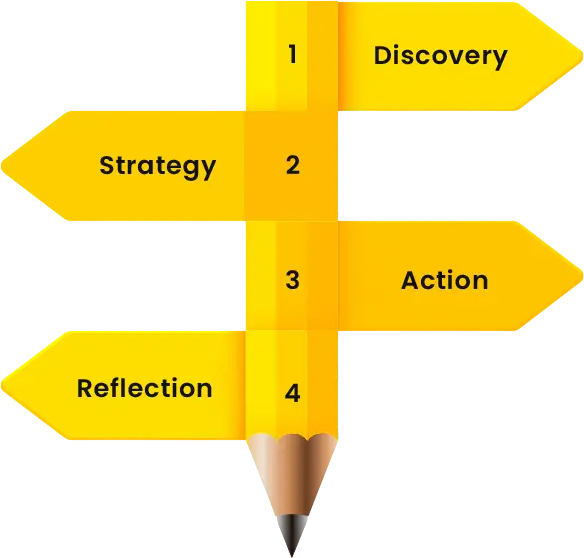Heartbreak is a universal experience that everyone goes through at some point in their lives. However, when the pain from a breakup or betrayal remains unresolved, it can significantly impact mental health. For young adults, those currently in relationships, and mental health advocates, understanding these effects is crucial to fostering a supportive environment for healing.
One of the most immediate impacts of unresolved heartbreak is on our emotions:

Book a consultation today and start your journey to emotional wellness and recovery.

“Stab the body and it heals, but injure the heart and the wound lasts a lifetime.”― Mineko Iwasaki
Unresolved heartbreak also manifests in several psychological ways:
The struggle doesn’t end with personal and psychological impacts; unresolved heartbreak also affects how individuals interact with others:

Healing from heartbreak isn’t just about time—it’s about taking active steps to address and process the pain. Here’s how to start:
Unresolved heartbreak can significantly impact mental health, leading to emotional, psychological, and interpersonal difficulties. By recognizing these effects and seeking appropriate support, individuals can prevent long-term mental health issues and find a path to healing.
If you or someone you know is struggling with unresolved heartbreak, don’t hesitate to reach out to a mental health professional. Healing is possible, and taking the first step towards recovery can transform your life.
Take the first step to heal the hurt—book a consultation today and start your journey to emotional wellness and recovery.

Colloboration Inquiries:
What’s The Fear LLC is an active member of the community and wants to help promote and participate in impactful projects.
Client Support:
What’s The Fear LLC is dedicated to responding to your questions, concerns and feedback in a timely manner.
Copyright © 2024 WhatsTheFear LLC | Unlimited Personal Growth